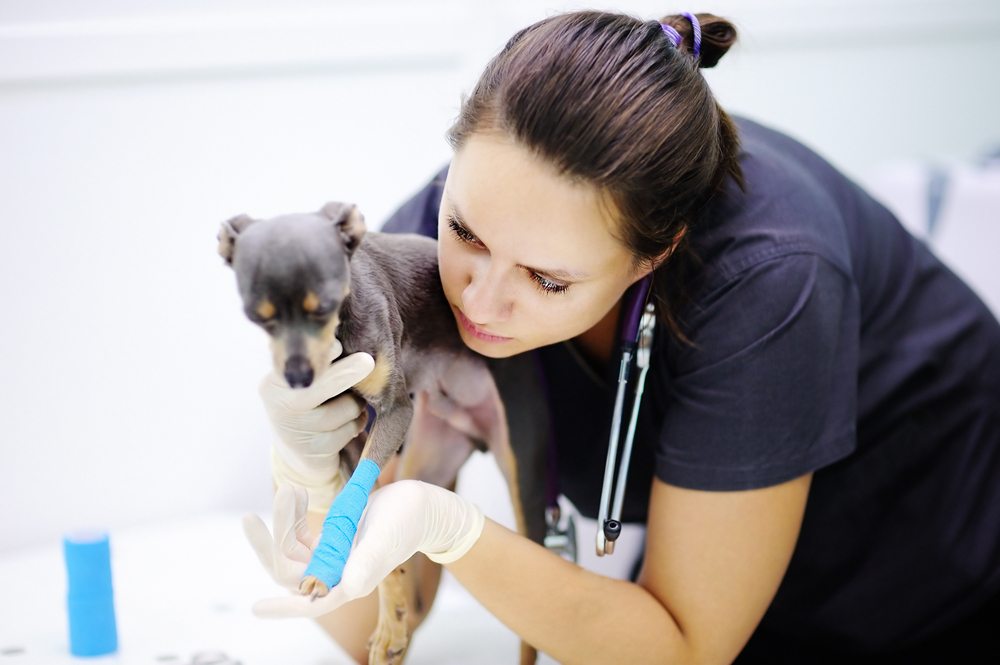In a world where dogs are often seen as man’s best friend and where cats are beloved companions, the shadow of animal cruelty looms ominously. Every day, countless animals suffer in silence, and most of these cases go unreported. What can you do to make a difference? Consider the role of an animal cruelty investigator. This profession not only requires a passion for protecting animals but also demands a unique set of skills and qualifications. How can one transition from a mere animal lover to an adept investigator dedicated to combating cruelty?
Animal cruelty investigators serve as the frontline defenders of neglected, abused, or otherwise mistreated animals. They are responsible for identifying incidents of animal neglect or abuse, collecting evidence, and collaborating with law enforcement to ensure that those responsible are held accountable. To embark on this career, it is essential to understand both the qualifications necessary and the job outlook that awaits. This exploration will elucidate the steps necessary for aspiring animal cruelty investigators while acknowledging the challenges that may lie ahead.
Firstly, one must consider the educational requirements that help build a solid foundation for an animal cruelty investigator. A high school diploma is a minimal requirement, but obtaining a bachelor’s degree in fields such as animal welfare, criminal justice, or environmental science significantly enhances one’s credentials. It cultivates a thorough understanding of animal behavior, legal frameworks, and investigative techniques. A combination of coursework in psychology and sociology can provide invaluable insights into the human psyche, helping investigators understand the motivations behind abusive behavior.
Moreover, hands-on experience is crucial in this line of work. Volunteer opportunities with animal shelters, rescue organizations, or humane societies can offer practical exposure. These environments foster essential skills, such as communication, empathy, and decision-making. Engaging directly with animals and understanding their behavior can enhance one’s capacity to identify signs of mistreatment. An inquisitive nature and a desire to learn can propel an amateur animal enthusiast toward a profession dedicated to animal welfare.
After acquiring the necessary educational background and experience, aspiring animal cruelty investigators should look for specific training programs or certifications. Various organizations offer courses focusing on animal welfare laws, investigation techniques, and evidence collection. Obtaining certifications from reputable bodies can bolster one’s qualifications and showcase a commitment to the profession. Many employers regard these certifications as crucial when determining the competency of potential employees.
Licensing requirements vary by state, so it is crucial for investigators to familiarize themselves with local laws. Some regions may require specific certifications or licenses to conduct investigations legally. Without the proper credentials, a case can be significantly weakened; hence, adhering to the legalities in respective jurisdictions is paramount. Understanding these regulations ensures that investigators can navigate complex legal systems efficiently.
So, what does a typical day look like for an animal cruelty investigator? Picture a blend of office work, field investigations, and courtroom appearances. Each day presents the challenge of uncovering evidence in often emotionally charged situations. Investigators must conduct thorough interviews, document findings meticulously, and, when necessary, take animals into protective custody. It can be a demanding role where the stakes are high, and the emotional toll can weigh heavily.
On the subject of the emotional aspect, becoming an animal cruelty investigator isn’t solely about the qualifications or training; one’s emotional resilience plays a monumental role. Encountering scenarios of severe neglect can be heart-wrenching. Not only are investigators tasked with rescuing animals, but they also need to manage their emotional responses to trauma. Developing coping mechanisms, such as seeking mentorship or peer support among fellow investigators, can be a lifeline during arduous times.
As one delves deeply into this profession, it is also crucial to consider the job outlook. The demand for animal cruelty investigators is on the rise. With increasing awareness of animal rights and a growing number of reported cases, the need for qualified professionals is more pressing than ever. Public interest in animal welfare extends to legislative reforms aimed at fortifying protections for animals. Consequently, many nonprofit organizations, governmental bodies, and even private sectors are broadening their search for adept investigators to champion animal rights. This burgeoning demand promises a wealth of opportunities in various settings, from local shelters to national organizations.
In addition to traditional career routes, technological advancements are expanding roles within this field. Animal cruelty investigators are now equipped with modern tools and resources, including forensic science techniques. Digital evidence collection methods, powered by advances in technology, play an increasingly vital role in successful investigations. The integration of technology offers a new layer of efficiency, ensuring that investigators can document cases effectively and pursue justice with greater efficacy.
As we chart the path becoming an animal cruelty investigator, it’s pertinent to acknowledge the commitment required. It’s a career grounded in unwavering passion and the resolve to confront the grim realities of animal suffering. Maintaining curiosity and dedication amid challenges is vital to effecting change. For those willing to embark on this rewarding yet demanding journey, the impact they can make for animals in distress is immeasurable. Ultimately, the question remains: Are you ready to become a voice for the voiceless and explore the intricacies of this critical role?










